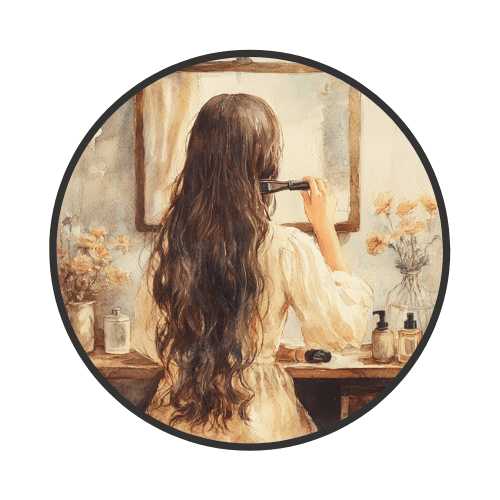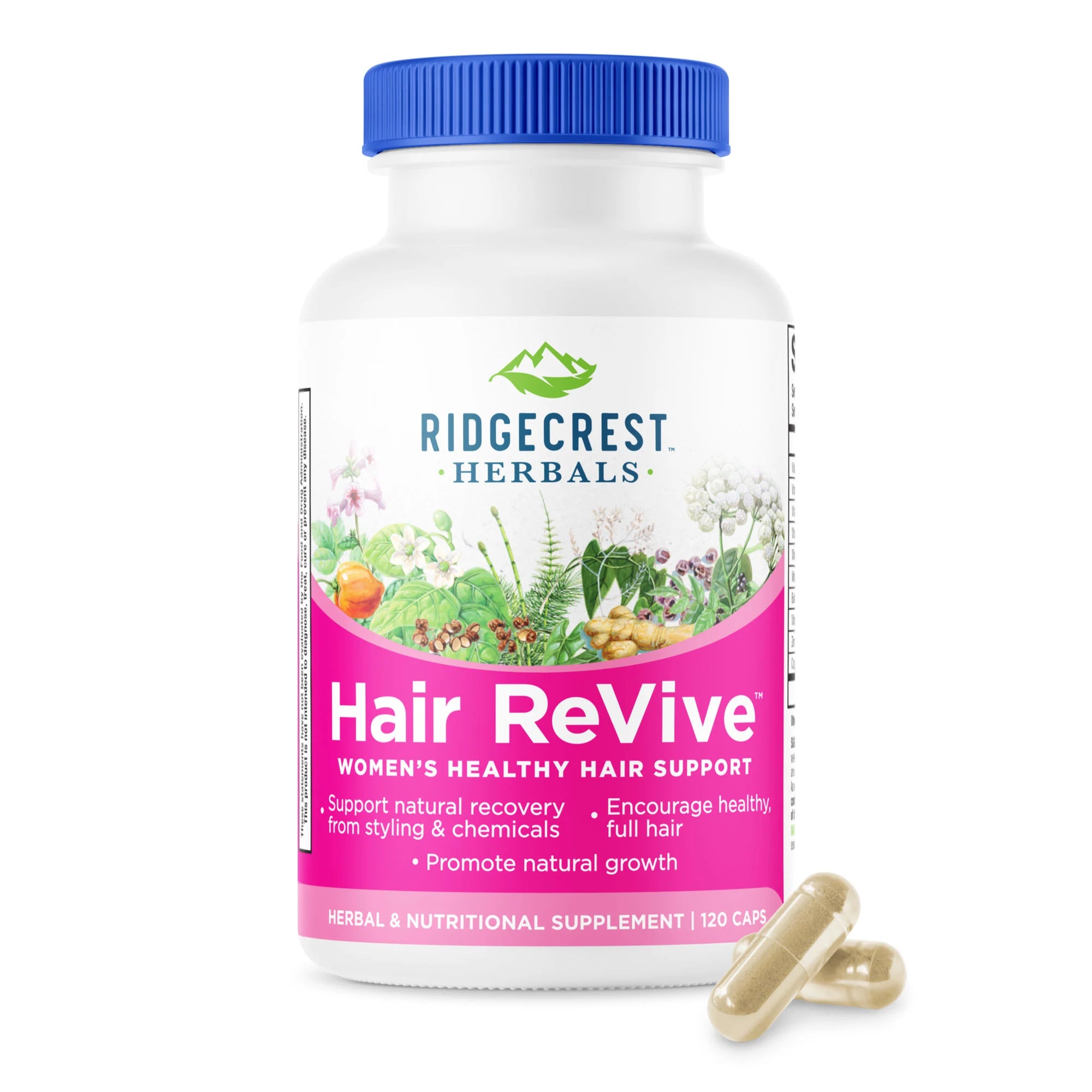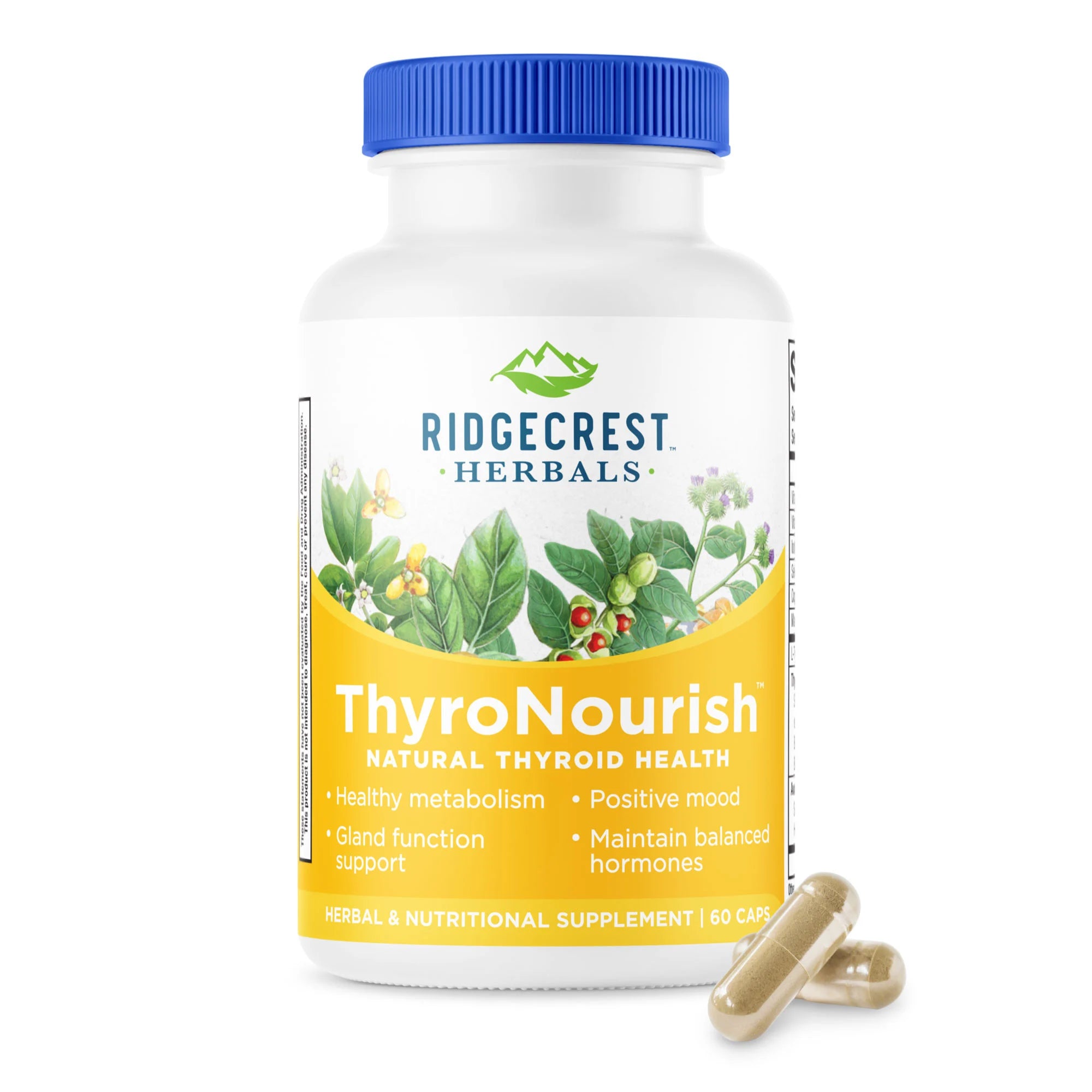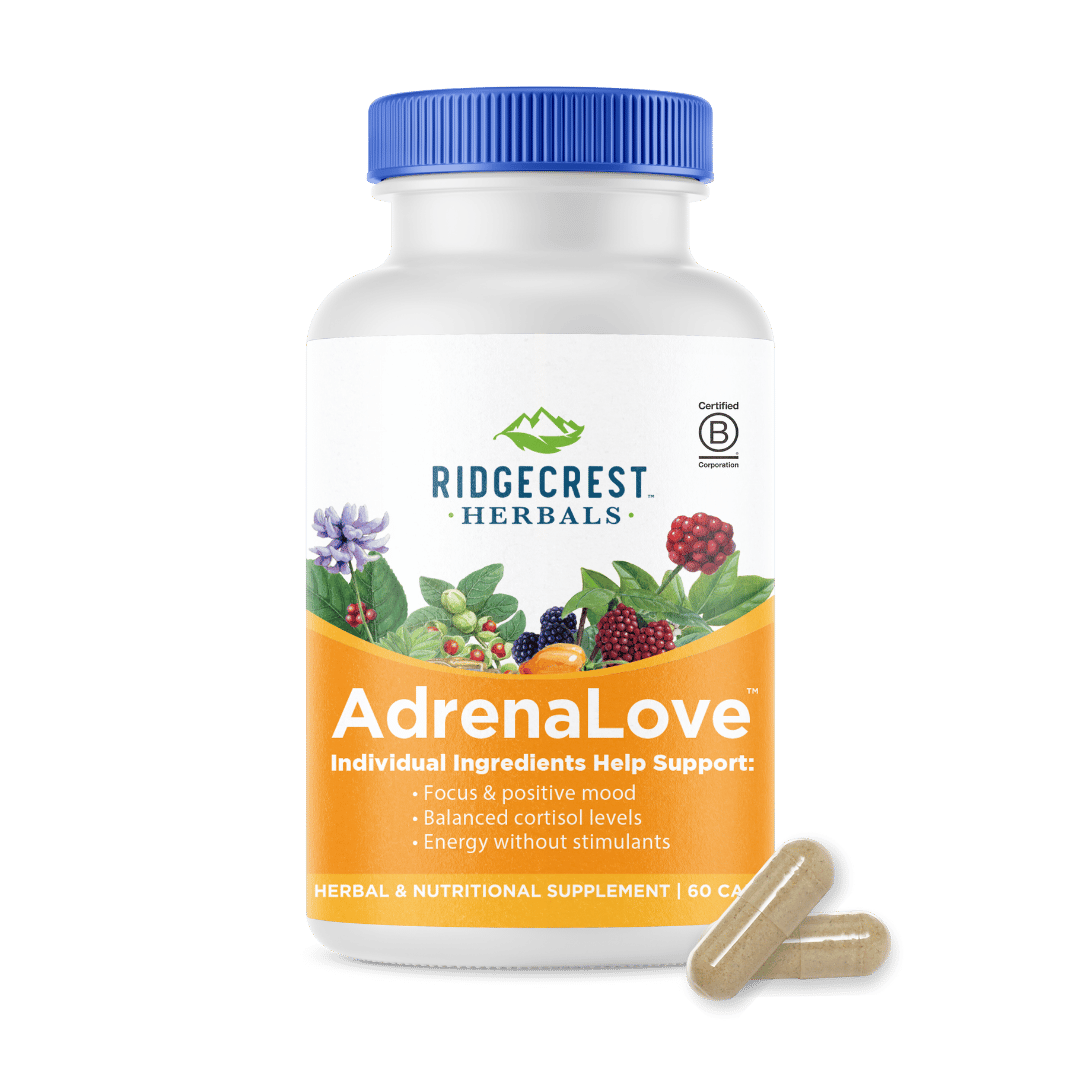Understanding Natural Hair Care
Natural hair care prioritizes the well-being of your hair by focusing on treatments that enhance its natural beauty. Unlike conventional hair care routines, which often depend on chemical-laden products, natural hair care embraces gentler, more nourishing alternatives. This approach:
- Minimizes damage
- Promotes healthier hair growth
- Reduces breakage
To build an effective natural hair care routine:
- Know Your Hair Type - The first step to a successful natural hair care routine is understanding your unique hair type and its specific needs. Whether you have curly, coily, wavy, or straight hair, each type requires tailored care to thrive. By identifying your hair’s characteristics, you can choose products and techniques that will best support its health.
- Maintain Moisture Balance – Natural hair care is all about maintaining the delicate balance of moisture and strength. Harsh chemicals found in many conventional hair products can strip your hair of its natural oils, leading to dryness and brittleness. Opting for chemical-free shampoos and conditioners helps preserve your hair’s moisture levels and overall integrity.
- Stay Hydrated – Hydration is another key component. Drinking plenty of water throughout the day keeps your hair and scalp hydrated from within. Pair this with a diet rich in nutrient-dense foods, such as fruits, vegetables, lean proteins, and healthy fats, to provide your hair with the vitamins and minerals it needs to stay strong and vibrant.
- Limit Heat Styling – Heat styling can be particularly damaging to natural hair. Excessive use of tools like flat irons, curling wands, and blow dryers can weaken the hair shaft and cause breakage. Whenever possible, limit your use of heat styling tools and embrace natural hairstyles that don’t require heat. If you must use heat, always apply a heat protectant product beforehand to minimize damage.
- Use Natural Oils – Incorporating natural oils into your routine can further nourish and protect your hair. Coconut oil is highly valued for its deep conditioning properties, while rosemary and avocado oils offer their own unique benefits. These oils can be applied to the hair and scalp to enhance moisture, improve elasticity, and encourage growth.
- Incorporate Scalp Massages – A regular scalp massage can work wonders for your hair health. By gently massaging your scalp with your fingertips in circular motions, you increase blood flow to the hair follicles, which can promote growth and improve overall scalp health. This practice also helps distribute natural oils from your scalp down the hair shaft, providing additional moisture and shine.
- Try Natural Treatments – Using natural treatments and remedies, such as aloe vera and apple cider vinegar, can also support your hair’s health. Aloe vera is an excellent natural conditioner that can help with dandruff and scalp irritation, while apple cider vinegar acts as a clarifier, removing buildup and balancing the scalp’s pH levels.
- Be Mindful of Water Temperature – It’s also essential to be mindful of the water temperature when washing your hair. Hot water can strip your hair of its natural oils and leave it dry and prone to breakage. Instead, opt for lukewarm water to maintain your hair’s moisture balance and keep it looking healthy.
- Supplement Wisely – Finally, supplementing your diet with vitamins and minerals can provide an extra boost for your hair. Biotin, Vitamin D, Omega-3 fatty acids, complete proteins, and collagen are particularly beneficial for supporting hair growth and strength.
By focusing on gentle, nourishing practices and being mindful of your hair’s unique needs, you can develop a natural hair care routine that fosters strong, healthy, and beautiful hair.
Know Your Hair Type
The first step to a successful natural hair care routine is recognizing your hair’s unique type and needs. Whether your hair is curly, coily, wavy, straight, or a combination, each texture benefits from tailored care. Understanding your hair’s characteristics allows you to select the right products and techniques to maintain its health. Here are some tips to help you get to know your hair better:
- Pay attention to factors such as porosity, density, and elasticity, as these will influence how your hair responds to moisture and styling. Once you have a clear understanding, you can tailor your routine to enhance your natural texture and maintain its vibrancy.
- Experiment with different methods to determine what works best for your hair. This might involve trying out various shampoos, conditioners, and styling products, or using heat versus no-heat styling techniques.
- Another crucial aspect to consider is your hair's response to environmental factors like humidity and temperature changes. Adjusting your routine seasonally can help maintain your hair's health and appearance. Incorporating deep conditioning treatments or protective styles can offer added benefits, keeping your hair nourished and reducing breakage.
- Spending time to explore different oils and natural ingredients can also be beneficial for your hair care routine. Using oils like argan, coconut, or jojoba can provide added moisture and shine, while natural ingredients like aloe vera and shea butter can help strengthen and protect your hair. Be mindful of how your hair reacts to each new product, and make adjustments as needed.
Scalp Massage and Its Benefits
A scalp massage is more than just relaxing—it benefits your hair and scalp by:
- Increasing blood circulation – By using your fingertips to gently apply pressure in circular motions across your scalp, you can increase blood circulation to the hair follicles. This increased blood flow can stimulate hair growth and improve overall scalp health, creating a better environment for your hair to thrive.
- Distributing natural oils – The act of massaging your scalp also helps distribute natural oils from your scalp down the hair shaft. These natural oils are crucial for maintaining moisture and shine, and regular scalp massages can ensure they reach all parts of your hair. This helps in reducing dryness and preventing breakage.
- Reducing stress – Another significant benefit of scalp massages is their ability to reduce stress. Stress is a common factor that can lead to hair loss and breakage. By incorporating regular scalp massages into your routine, you’re not only supporting your hair health but also promoting relaxation and reducing overall stress levels. This holistic approach can have positive effects on your hair over time.
To enhance scalp massages:
- Use natural oils like coconut, jojoba, rosemary, or avocado oil.
- Warm a small amount of oil before application for better absorption.
- Massage in circular motions for a few minutes, a few times a week.
Consistency is key! Make it a habit to massage your scalp a few times a week. You can do it while watching TV, before bed, or even as part of your washing routine. The key is consistency. Over time, you may notice improved hair texture, less breakage, and even more volume.
Remember, the goal is gentle and consistent care. By making scalp massages a regular part of your natural hair care routine, you’re giving your hair the best chance to grow strong and healthy.
Washing Your Hair the Right Way
Washing natural hair correctly is essential for maintaining its vitality and preventing damage. Follow these steps for the best results:
- Wash Regularly – The frequency with which you wash your hair can depend on several factors, including your hair type and lifestyle. For most people with natural hair, washing every one to two weeks with shampoo works well. Over-washing can strip away your hair’s natural oils, leading to dryness and increased susceptibility to breakage.
- Choose the Right Shampoo – When selecting a shampoo, look for chemical-free options that cleanse without using harsh ingredients. These shampoos help retain the hair’s natural moisture, promoting a healthier scalp and stronger hair.
- Use Lukewarm Water – While it might be tempting to enjoy a hot shower, rinsing your hair with hot water can actually dry out both your hair and scalp. Instead, opt for lukewarm water to maintain moisture and health.
- Apply Shampoo Correctly – Start your wash day by thoroughly wetting your hair with lukewarm water. This prepares your hair for the shampoo, ensuring it spreads evenly. Apply a small amount of shampoo to your scalp, focusing on massaging it in with your fingertips. This method targets buildup and oils at the scalp, which is where cleansing is most needed. Allow the shampoo to work its way down your hair strands without rubbing or agitating them too much, as this can cause tangling and breakage.
- Condition Properly – After rinsing out the shampoo, follow up with a good conditioner. Focus on applying it from the mid-lengths to the ends of your hair, where it’s often the driest. Allow the conditioner to sit for a few minutes to deeply nourish your strands. If you have thicker or coarser hair, consider using a deep conditioning treatment occasionally to provide extra moisture and repair. As you rinse out the conditioner, continue to use lukewarm water to keep the moisture locked in.
- Detangle Gently – Detangling your hair while it’s conditioned can make the process easier and less damaging. Use a wide-tooth comb or your fingers to gently detangle from the tips to the roots. This minimizes breakage and keeps your hair more manageable.
- Dry with Care – Once all the product is out, gently squeeze out the excess water with your hands. Avoid wringing or rubbing your hair with a towel, as this can cause unnecessary friction and breakage. Instead, use a soft microfiber towel or an old t-shirt to pat your hair dry, which is gentler on the strands. If you need to use a leave-in conditioner or other styling products, now is the time to apply them. These products can help with detangling, add moisture, and provide protection from environmental factors. Distribute them evenly through your hair, paying extra attention to the ends.
- Limit Heat Exposure – Allow your hair to air dry whenever possible. If you must use a blow dryer, make sure to use a heat protectant spray and choose a low heat setting to minimize damage. Remember that natural hair thrives with minimal heat exposure, so it’s best to limit the use of heat-styling tools.
Incorporating a proper washing routine can make a significant difference in the health and appearance of your natural hair. By using gentle products, lukewarm water, and careful handling, you can keep your hair hydrated, strong, and resilient against breakage. With these practices, you’ll find that your natural hair looks and feels its best.
Natural Oils for Nourishment
Natural oils deeply nourish hair, enhancing strength and moisture retention. Some top choices include:
- Coconut Oil – Coconut oil is a popular choice due to its deep conditioning properties. It penetrates the hair shaft, providing much-needed moisture and helping to reduce protein loss. However, coconut oil can potentially dry out hair, especially if used excessively or if your hair has low porosity, because it can penetrate the hair cuticle and prevent water from being absorbed, essentially blocking moisture from reaching the hair shaft, making it feel dry and brittle. Some good alternatives could be argan, jojoba, olive, avocado, almond, castor, or a combination.
- Rosemary Oil – Rosemary oil is excellent for hair because it stimulates growth, strengthens strands, and promotes scalp health. Known for boosting circulation, it helps deliver more nutrients to hair follicles, encouraging thicker, healthier growth. Its antimicrobial and anti-inflammatory properties keep the scalp balanced, reducing dandruff and irritation. Additionally, rosemary oil strengthens hair, prevents breakage, and may even help slow premature graying.
- Avocado Oil – Avocado oil is a powerhouse for hair health, offering deep hydration, strength, and protection. Rich in vitamins, fatty acids, and antioxidants, it penetrates the hair shaft to nourish from within, reducing breakage and enhancing shine. Its lightweight, moisturizing properties help smooth frizz while supporting scalp health and hair growth.
- Jojoba Oil - Jojoba oil is a natural oil that closely resembles the natural oils of our scalp, making it an excellent moisturizer. It penetrates deep into the hair shaft, hydrating and nourishing the hair and scalp. It also helps to protect from heat, environmental stressors, UV rays, and pollution.
Natural hair care products frequently contain antioxidants like Vitamin E, which nourish the scalp and encourage hair growth. By applying these oils to your hair and scalp, you can promote shine and strength, making your hair more resilient to breakage.
Natural Treatments and Remedies
Natural treatments and remedies are effective ways to support your hair’s health. Incorporating natural treatments can improve scalp health and hair texture:
- Aloe Vera – Aloe vera is a fantastic natural conditioner that can help with scalp issues and reduce dandruff. Apply fresh aloe vera gel directly to your scalp and hair, leave it on for about 30 minutes, and then rinse thoroughly. This treatment can leave your hair feeling softer and more manageable.
- Apple Cider Vinegar – Clarifies hair by removing buildup and balancing pH, which can lead to healthier hair. Dilute apple cider vinegar with water, apply it to your hair after shampooing, and rinse after a few minutes to experience its benefits.
- DIY Hair Mask – For an added boost, consider using a DIY hair mask combining several of these natural ingredients. For instance, mix aloe vera gel, coconut oil, and a few drops of rosemary oil. Apply the mixture to your hair, cover with a shower cap, and leave it on for an hour before rinsing. This multi-ingredient mask can provide intensive hydration and nourishment.
Using natural treatments and remedies regularly can enhance the health and appearance of your hair, helping it to become stronger and more resilient.
Supplementing with Vitamins and Nutrients
Hair health starts from within. Consider incorporating these essential nutrients:
- Biotin (Vitamin B7) – also known as Vitamin B7, is essential for the production of keratin, a protein that makes up your hair. Many people find that taking a biotin supplement helps reduce hair breakage and promotes growth. Foods rich in biotin, such as eggs, nuts, and seeds, can also be great additions to your diet.
- Vitamin D – It helps create new hair follicles, which can promote thicker hair and prevent thinning. Spending a bit of time in the sunlight can boost your Vitamin D levels, but you can also find it in foods like fatty fish, fortified dairy products, and orange juice.
- Omega-3 Fatty Acids – found in fish oil, flaxseeds, and walnuts, are vital for maintaining a healthy scalp. They help regulate oil production and keep your scalp hydrated, reducing the chances of dryness and dandruff. Including Omega-3s in your diet can improve hair elasticity and prevent breakage.
- Iron – Iron is another important nutrient, as it helps red blood cells carry oxygen to your hair follicles. This oxygen supply is crucial for healthy hair growth. Foods high in iron, such as spinach, lentils, and red meat, can help maintain your iron levels.
- Vitamin E – is known for its antioxidant properties, which can protect your hair from oxidative stress and damage. It also supports a healthy scalp by improving blood circulation. You can find Vitamin E in foods like almonds, sunflower seeds, and avocados.
- Zinc – Zinc is another nutrient that can help keep your hair strong and healthy. It supports hair tissue growth and repair and keeps the oil glands around the follicles working properly. Foods rich in zinc include oysters, beef, and pumpkin seeds.
- Complete Protein – Strengthens the hair’s keratin structure, enhances elasticity, and provides foundational support for strong, resilient strands.
- Collagen - A protein found naturally in skin, hair, and nails, it helps to support strong hair follicles, promotes hair thickness, reduces hair loss, enhances elasticity, and may help slow down the graying process.
- And more - we wrote an article on the nutrients essential for hair growth. Read more about the benefits of nutrients essential for hair growth.
A balanced diet rich in these vitamins supports stronger, healthier hair. While getting these nutrients from food is ideal, sometimes supplements can provide an extra boost. Always consult a healthcare professional before adding supplements.
Adding the right vitamins and nutrients to your diet can complement your natural hair care routine, helping to achieve stronger, healthier hair from the inside out. Remember, consistency is key, and a balanced approach that includes both topical and dietary care will yield the best results for your hair.






